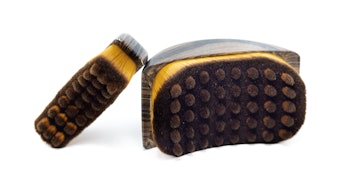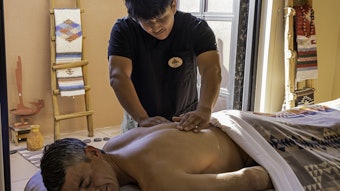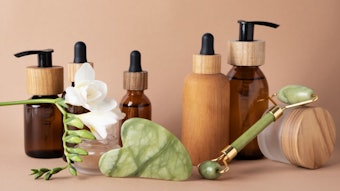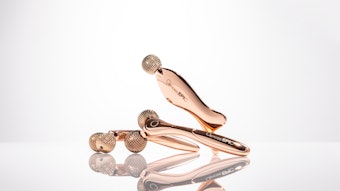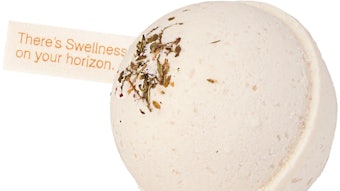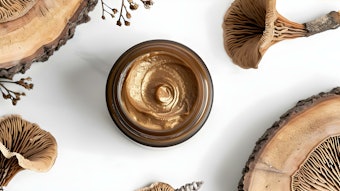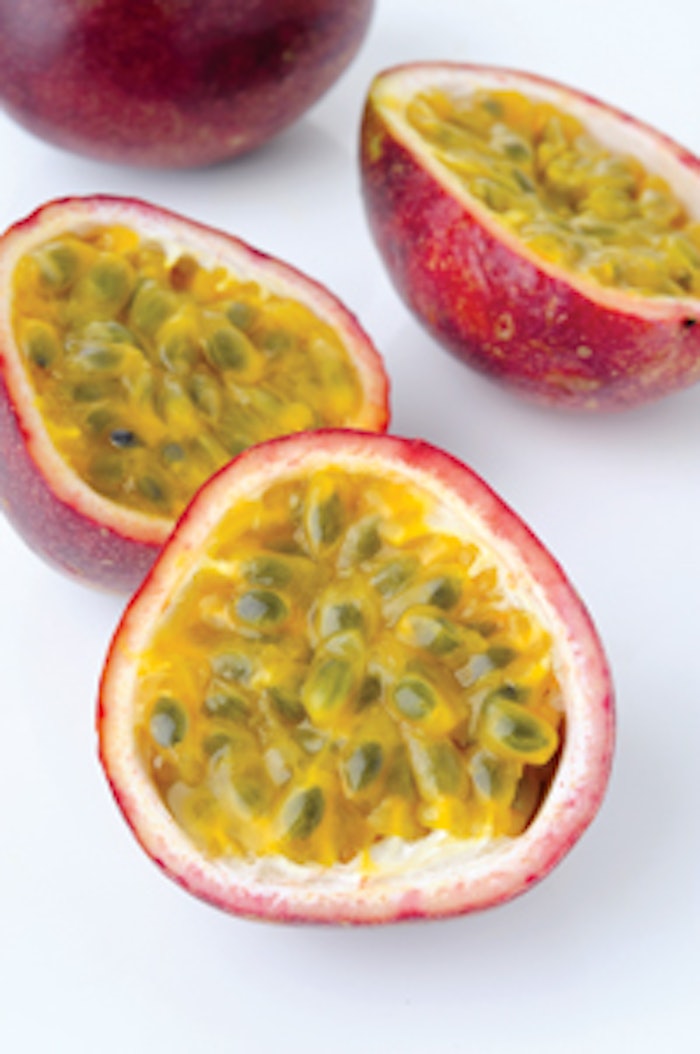
Although the name “passion fruit” seems to indicate a fruit that can induce an aphrodisiac response through its consumption, the name actually has religious connotations. Acquiring its moniker from Spanish missionaries who believed that the plant’s flower resembled different religious symbols, passion fruit is a native of the rain forest margins in the Amazon region of Brazil.1 There are many species of the fruit grown worldwide, with New Zealand passion fruit being purple and the Hawaiian variety yellow.2
In the kitchen
This egg-shaped tropical fruit has a brittle, wrinkled, inedible rind that encloses flesh-covered seeds, similar to a pomegranate. The seeds are edible, so the pulp can be eaten straight from the shell. It also can be sieved, with the pulp and juice used as flavoring for sauces and beverages. An excellent source of vitamins A and C, the fruit has an intense, aromatic flavor and the pulp has a jellylike watery texture. To eat, cut the fruit in half and scoop out the fleshy pulp.2
Spa cuisine chefs have been mining the riches of this tropical treat for years, with or without the seeds, using it to add a special zest to a variety of dressings, sauces and desserts, including the following:
Carrot Energizer and Green Energy smoothies—Novo Spa, Toronto, Ontario, Canada;
Passion Fruit Soufflé—Breeze Spa at The Wakaya Club & Spa, Suva, Fiji Islands;
Passion Fruit Cheesecake—Hyatt Regency Tamaya Resort & Spa, Santa Ana Pueblo, New Mexico;
Yellowtail Snapper Ceviche with Passion Fruit and Coconut Gelée—Little Palm Island Resort & Spa, Little Torch Key, Florida;
Paradise Salad with Grilled Chicken and Passion Fruit Vinaigrette—Spa Gregorie’s Day Spa & Salon, Del Mar, California; and
Exotic Martini—See this recipe from Pastry Chef Nathaniel Reid, St. Regis Monarch Beach Resort, Dana Point, California.
In the spa
The merits of the passion fruit in skin care and wellness don’t stop at its aromatherapeutic benefits. The crushed passion fruit seeds often are used as an exfoliator, helping to cleanse and smooth skin, and beyond that, the seeds have also shown evidence of improving skin health by inhibiting melanogenesis in melanoma cells.3
Another wellness benefit that can be enjoyed courtesy of the passion fruit is a better night’s sleep because it contains harman and harmine, phytochemicals that are slightly sedative.4
Some spa treatments capitalizing on passion fruit include:
Lilikoi Fruit Melody, featuring a body exfoliation using Hawaiian passion fruit and island sugarcane—Spa Helani at the Westin Ka’anapali Ocean Resort Villas, Maui, Hawaii;
The Quintessential, a package that begins with a passion fruit, mango and pineapple fruit scrub—Oasis Day Spa, Columbia, Maryland;
15% Organic Passion Fruit Peptide Peel—Dermagenix Medical Spa, Houston, Texas;
Passion Fruit Citrus Body Treatment, which is uplifting, refreshing and stimulating—Kahana Bay Day Spa, Troy, Missouri;
Organic Passion Fruit Peel, blending passion fruit, papaya and pineapple for hydration and exfoliation—Body and Soul Spa, Scottsdale, Arizona;
Gentlemen’s Hydrating Facial, combining passion fruit, papaya and peptides to moisturize and decrease redness in male skin—Professional Skin Aesthetics, Danville, California; and
Sweet Passion Peel, which rejuvenates overworked skin with a passion fruit peptide peel—See step-by-step how-to from Sweet Skin Spa in Seattle.
Professional skin care product manufacturers are also passionate about this multitalented fruit, and include it in a variety of products.
Fake Bake’s Passion Fruit Body Polish helps restore skin’s moisture balance while natural exfoliators slough away dead skin cells.
Image Skincare’s I Peel 15% Organic Passion Fruit/Peptide Resurfacing Solution helps hydrate and rejuvenate skin.
BABOR’s HSR 28 Perfect Effect helps prevent elasticity loss using pro-elastin, as well as passion fruit, black currant and vine leaf extracts.
Issimo International’s Relax! Refining Body Exfoliant detoxifies and removes dead skin cells using passion fruit, walnut and cocoa shell powders, and lavender oil.
Antiqua Prima’s Rejuvenate Passion Guava Exfoliating Mask exfoliates skin using salicylic acid, L-lactic acid and retinol, along with passion fruit and pink guava flavanoids.
Yon-Ka Paris’s Lait Auto-Bronzant is a self-tanning lotion that includes passion fruit, lemon and vitamin E.
And Pevonia Botanica’s Mango-Passion Fruit De-Aging Saltmousse removes impurities by gently polishing skin and includes repairing tropical fruit extracts for smooth skin.
Feed your passion
Passion fruit’s seemingly endless skin care benefits and slightly tart, full flavor work together to make it a spa powerhouse, providing a tropical take on the typical spa menu. Discover what benefits from this passionate treat your clients will enjoy, and don’t hold back—feed their passion!
REFERENCES
1. www.organicfood.com.au/Content_Common/pg-passinfruit-information.seo (Accessed Nov 20, 2009)
2. www.fruitsandveggiesmatter.gov/month/passionfruit.html (Accessed Nov 19, 2009)
3. www.actahort.org/books/841/841_82.htm; Y Matsui, T Takahashi, M Kamei, T Ito and Y Katagata, Effect of Passion Fruit on Skin Health. Acta Hort. (ISHS) 841 557–562 (Accessed Nov 19, 2009)
4. www.redmountainspa.com/_health_education_fitness/articles/WakingUp.php (Accessed Nov 16, 2009)
5. www.freshforkids.com.au/fruit_pages/passionfruit/passionfruit.html (Accessed Nov 20, 2009)
